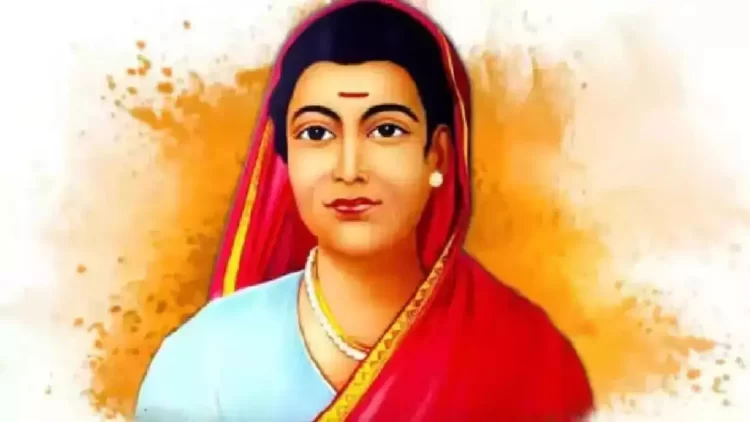Savitribai Phule: A Champion for Women’s Education in India
Savitribai Phule was a pioneer of women’s education and empowerment in India. She was also a social reformer, poet, and anti-caste activist who fought for the rights of the oppressed and marginalized sections of society. She was born on January 3, 1831, and died on March 10, 1897. Her life and legacy are celebrated every year on her birth anniversary, which is also observed as Balika Shikshan Din (Girl Education Day) in Maharashtra.
Date
On January 3, 1831 – Her life and legacy are celebrated every year on her birth anniversary.
History
Savitribai Phule was born in a poor farmer family in Naigaon, Maharashtra. She was married to Jyotirao Phule, a young social reformer, at the age of nine. Jyotirao taught Savitribai to read and write, and encouraged her to pursue her education further. Savitribai enrolled in a teacher’s training program and became the first female teacher in India. She and her husband started the first school for girls in Pune in 1848, facing severe opposition and hostility from the orthodox society. They also opened schools for children from the Dalit and other lower castes, who were denied education by the upper castes. Savitribai and Jyotirao also founded the Satyashodhak Samaj, a social organization that aimed to eradicate caste and gender discrimination and promote rationalism and humanism.
Significance
Savitribai Phule is regarded as the mother of Indian feminism and one of the earliest champions of human rights in India. She challenged the patriarchal and casteist norms of her time and worked tirelessly to uplift the status of women and the oppressed. She advocated for women’s education, widow remarriage, abolition of child marriage and sati, and prevention of female infanticide. She also campaigned against untouchability and caste violence, and supported the education and emancipation of the Dalits. She wrote poems and essays to spread her message of social justice and equality. She also established a home for widows, orphans, and victims of rape and domestic violence, and provided them with shelter, education, and dignity.
Celebrations
Savitribai Phule’s birth anniversary is celebrated as a day of honour and inspiration for women and the oppressed in India. Various events and programs are organized to commemorate her life and achievements, and to raise awareness about the issues that she fought for. Some of the activities include:
- Cultural performances, such as songs, dances, plays, and poetry recitations, based on Savitribai’s life and works.
- Seminars, workshops, and lectures on Savitribai’s contributions to social reform, education, and feminism, and their relevance in the contemporary context.
- Rallies, marches, and demonstrations to demand justice and equality for women and the marginalized, and to protest against the prevailing forms of discrimination and violence.
- Awards and felicitations to recognize and honour the individuals and organizations that are working in the fields of women’s empowerment, social justice, and human rights.
- Exhibitions, book fairs, and film screenings to showcase the literature, art, and media that depict Savitribai’s vision and values.
Important Facts
Some of the important facts about Savitribai Phule are:
- She was the first female teacher in India, and the first woman to receive teacher’s training in the country.
- She started 18 schools for girls and the lower castes, and taught around 1500 students, including 700 girls.
- She was the first Indian woman to adopt a child from a different caste, and to arrange an inter-caste marriage for him.
- She was the first Indian woman to light her husband’s funeral pyre, breaking the tradition of sati.
- She was the first Indian woman to write poetry in Marathi, and published two collections of poems, Kavya Phule and Bavan Kashi Subodh Ratnakar.
- She was the first Indian woman to form a women’s organization, Mahila Seva Mandal, which worked for women’s rights and welfare.
- She was the first Indian woman to lead a satyagraha, or a non-violent resistance movement, against the British colonial rule in 1877.
- She was the first Indian woman to be honoured with a postage stamp by the Indian government in 1998.




























